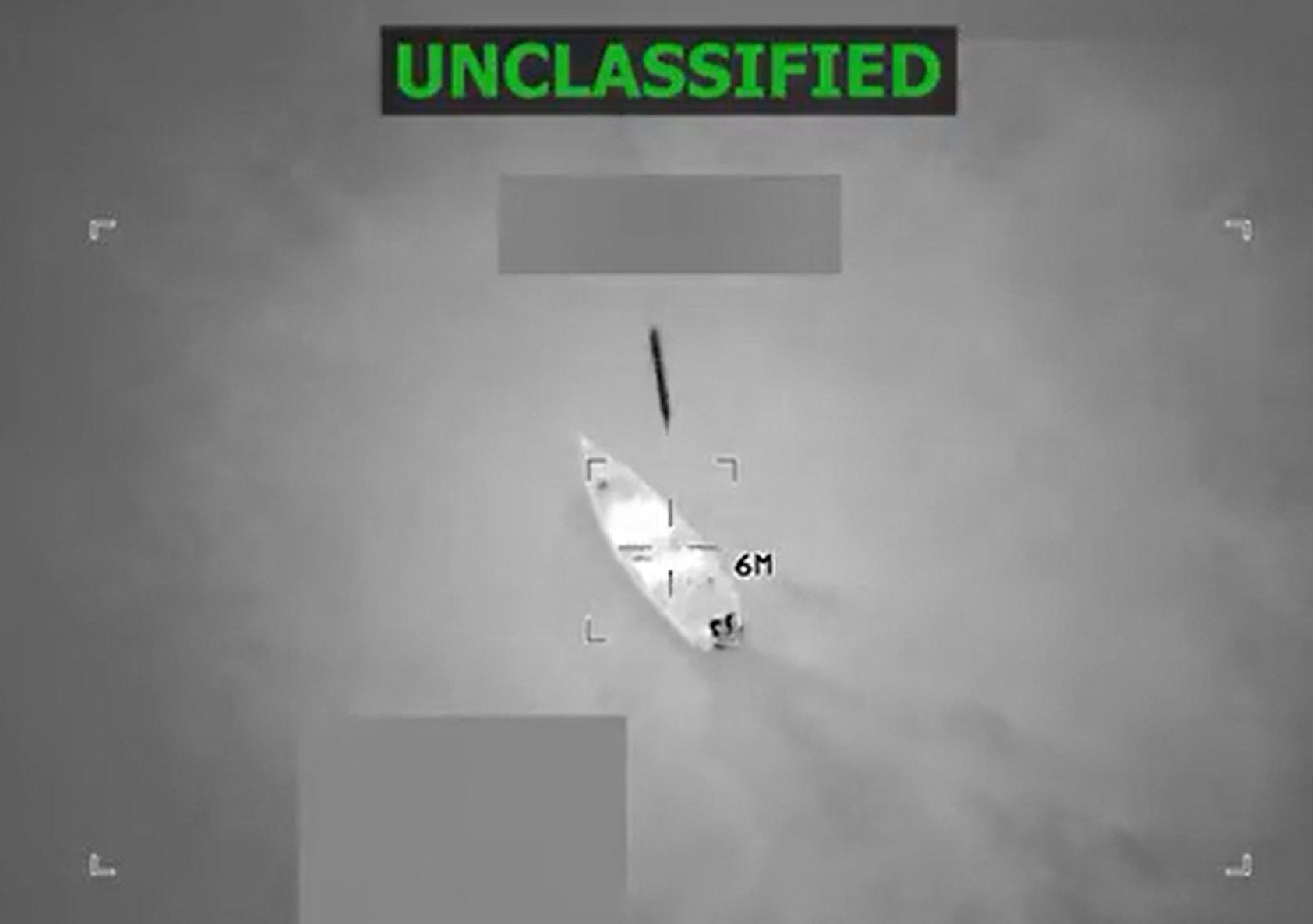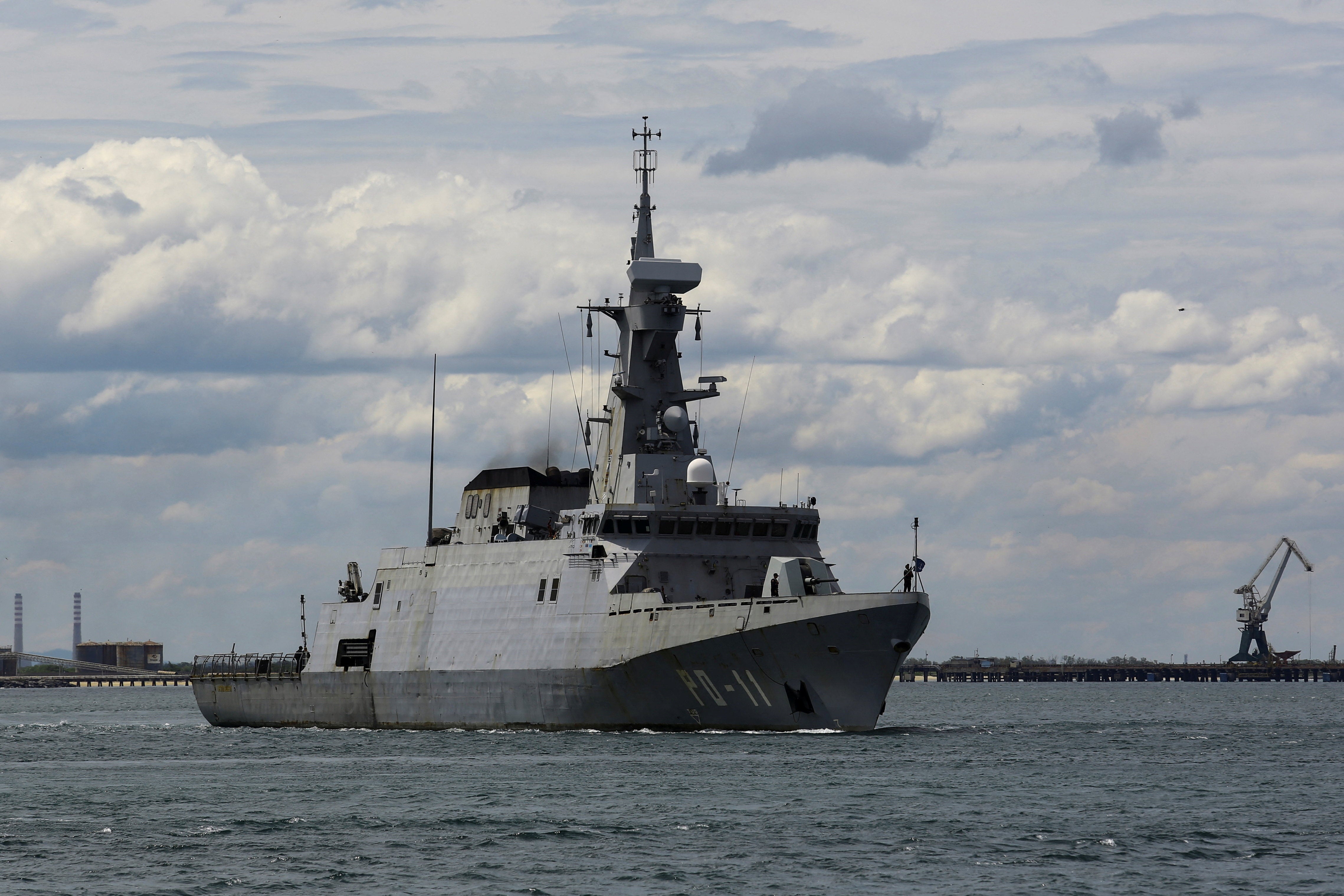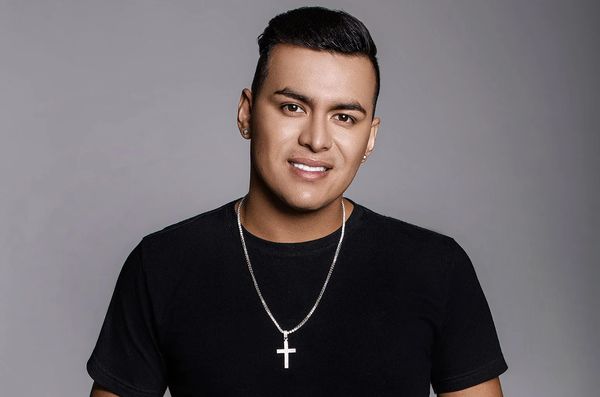Venezuelan president Nicolás Maduro has urged Donald Trump not to open what he said would be an Afghanistan-style “forever war” as the US military continues to build up in the region.
Washington has vowed to purge "organized criminal narcoterrorists”, US secretary of state Marco Rubio said as it emerged that the most advanced US aircraft carrier - USS Gerald R. Ford - is expected to reach the waters off Venezuela within days.
The Trump administration describes its campaign in South America as a counter-drug operation. CIA operations have been publicly authorized inside the country and boat strikes in the Caribbean and eastern Pacific Ocean have killed over 75 people so far.
“No more forever wars. No more unjust wars. No more Libya. No more Afghanistan. Long live peace,” said Maduro, Venezuela’s 62-year-old authoritarian president who was widely accused of stealing last year’s election.
He was speaking to CNN late on Thursday as he pushed his way through large crowds outside the presidential palace in Venezuela’s capital of Caracas, on his way to a pro-government rally.
Maduro’s comments were in response to the news of the arrival of the aircraft carrier, which the US has long used as a tool of deterrence to pressure and influence other nations, often without employing any force at all. They carry thousands of sailors and dozens of warplanes that can strike targets deep inside another country.
US defense secretary Pete Hegseth followed up on Maduro’s words when he said the “Western Hemisphere is America’s neighborhood – and we will protect it”. He added that the Southern Command mission would secure the US “homeland” from the “drugs that are killing our people”.

On Thursday, Hegseth formally named the mission Operation Southern Spear, emphasizing the growing significance and permanence of the military's presence in the region.
Once the Ford arrives, the mission will encompass nearly a dozen navy ships as well 12,000 sailors and marines, strengthening US efforts to pressure Maduro into stepping down.
Rubio also says the US doesn't recognise Maduro as the leader of Venezuela and called the government a "trans-shipment organization" that openly cooperates with those trafficking drugs toward the US.
But when pushed on the US motivations for its military action in Venezuela, he insisted that President Trump was focussed on combatting “narcoterrorists”.
"That's what he's authorised. That's what the military's doing. That's why our assets are there," he told reporters after meeting his counterparts from the Group of Seven democracies in Canada earlier this week.

Some experts say deploying the Ford appears to be geared more toward a government change in Venezuela than drug trafficking.
"There's nothing that an aircraft carrier brings that is useful for combating the drug trade," said Elizabeth Dickinson, the International Crisis Group's senior analyst for the Andes region.
"I think it's clearly a message that is much more geared toward pressuring Caracas."
She added: “It has raised a lot of anxieties in Venezuela but also throughout the region. I think everyone is watching this with sort of bated breath to see just how willing the US is to really use military force."







